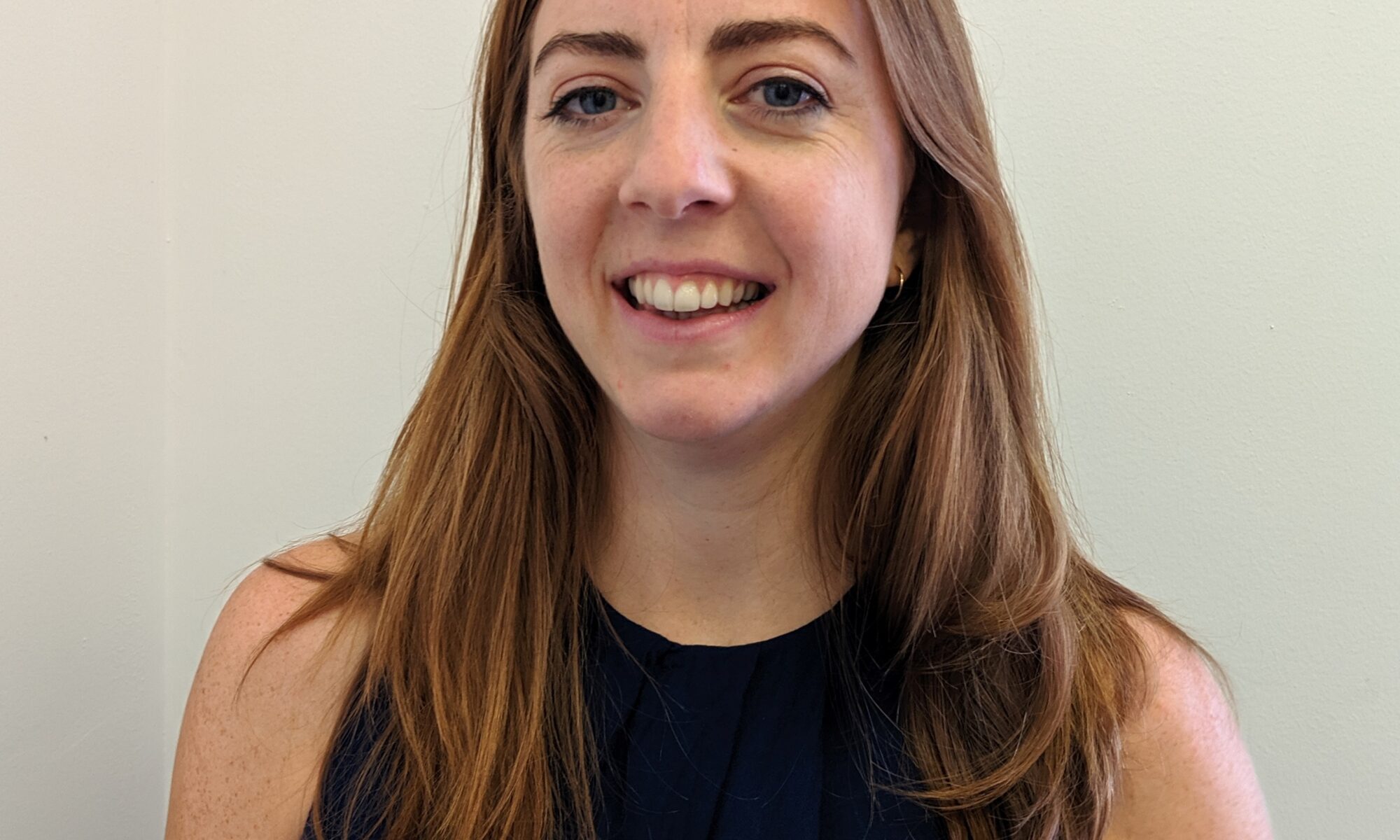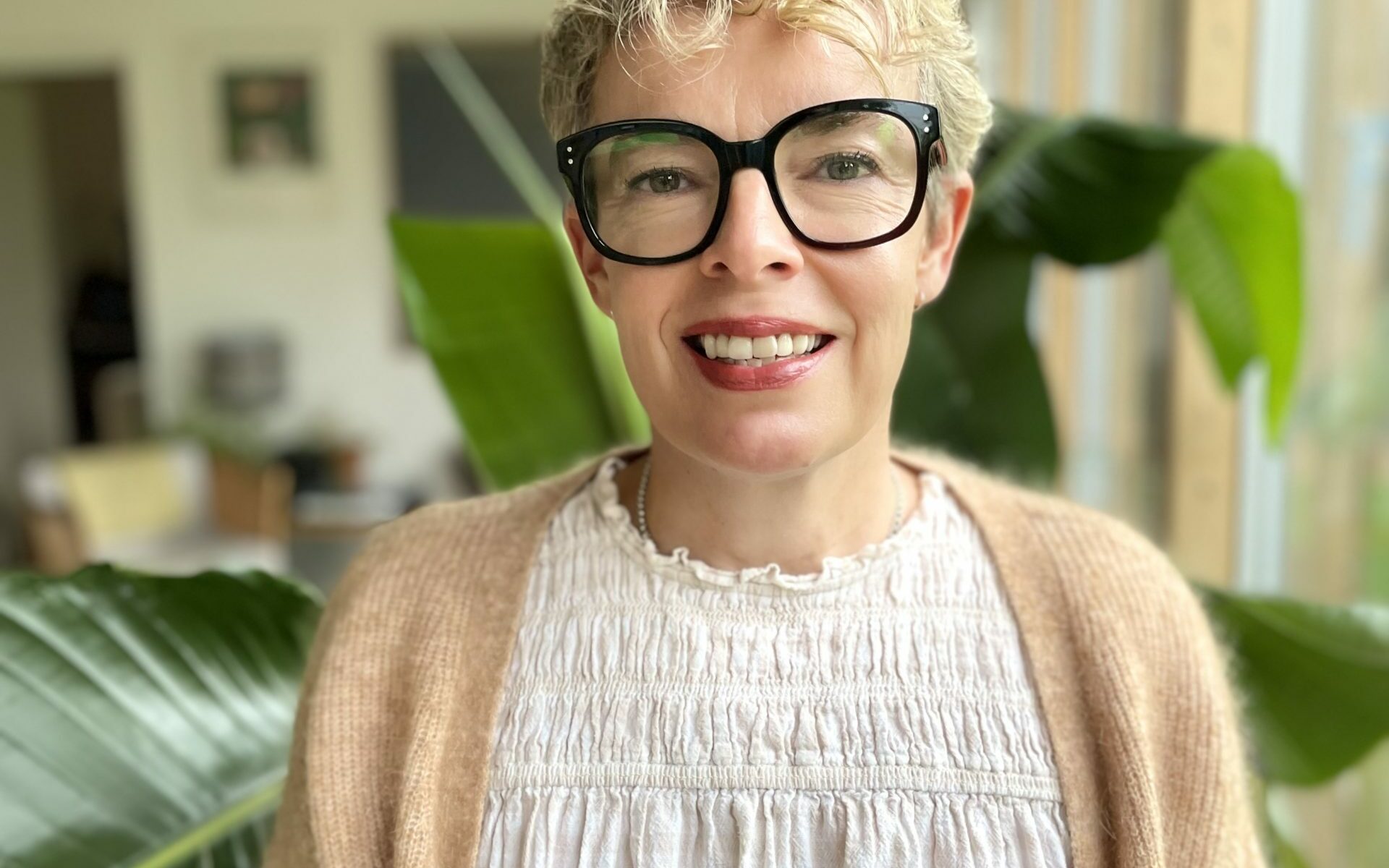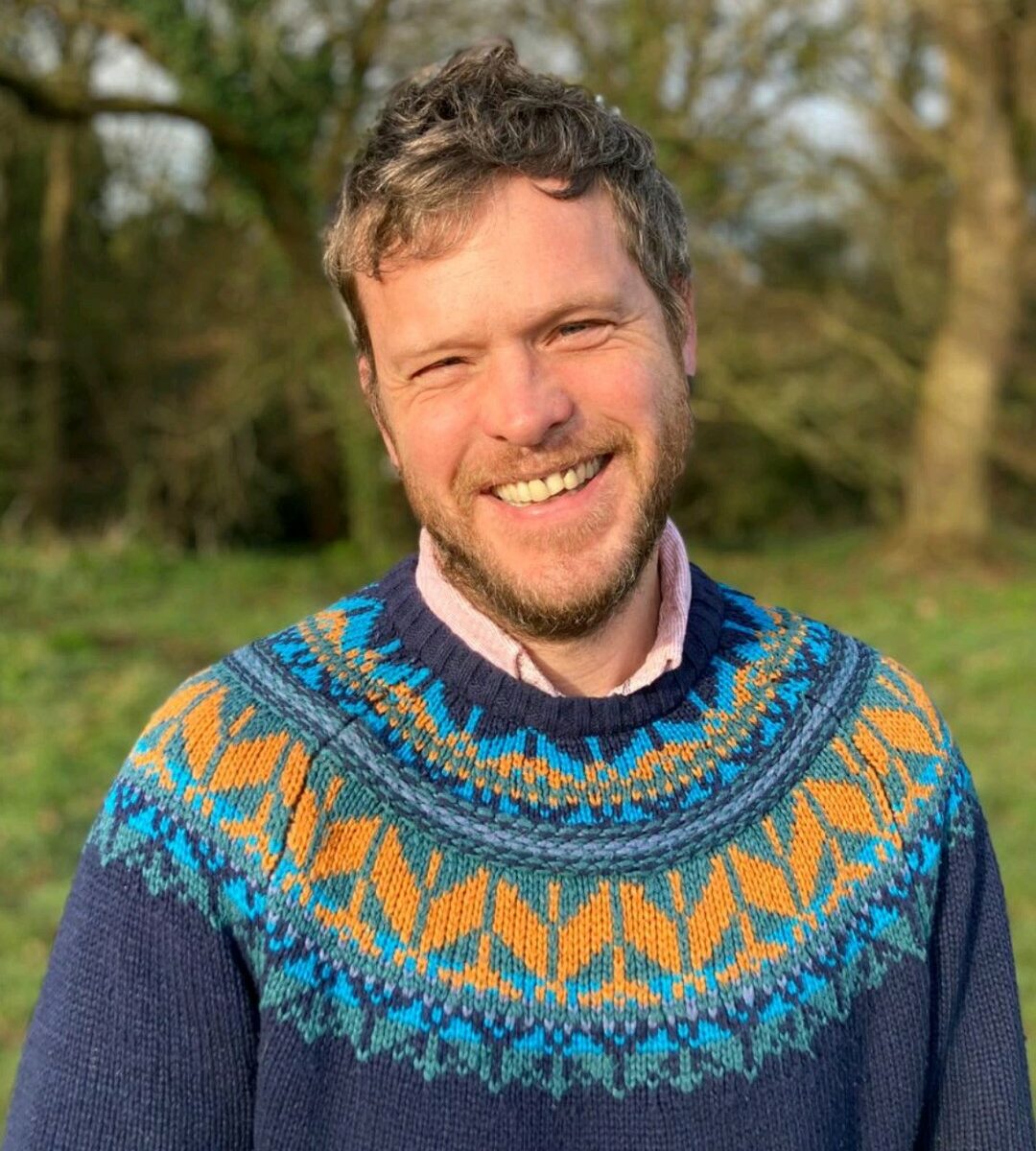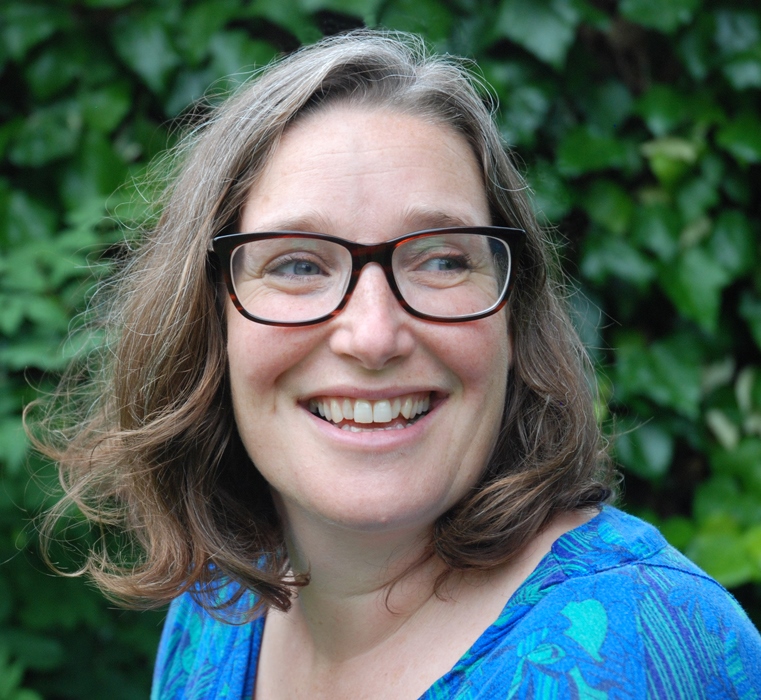Psychology BSc (Hons); MSc Health Psychology; Post Graduate Diploma Psychological Therapies (CBT); EMDR (parts I, II & III).
Background

Katie has worked in the NHS for over 15 years in adult mental health, including in secondary care and for an IAPT (improving access to psychological therapies) service. She currently provides psychotherapy and other psychological services e.g. consultancy & training, in a specialist mesh complications service and an acute hospital staff psychology service.
As an EMDR Consultant and accredited BABCP therapist, Katie supervises other psychologists/psychotherapists. Katie has experience in mental health research and has been involved in trials as a researcher, a co-applicant or as a principal investigator. She has also co-ordinated the ‘Improvement & Innovation in Psychological Therapies in Primary Care’ Health Integration Team, funded by Bristol Health Partners.
Katie is accredited with the British Association for Behavioural & Cognitive Psychotherapies (BABCP) and is an EMDR Europe Accredited Clinical Supervisor/Consultant.
Therapeutic Approach
Katie draws on a range of evidence-based approaches tailored to meet the needs of the individuals she works with. She offers Eye Movement Desensitisation and Reprocessing (EMDR) , Cognitive Behavioural Therapy (CBT), Acceptance & Commitment Therapy, Mindfulness, and Compassion Focussed Therapy. Katie values a collaborative approach, facilitating increased self-awareness, as well as enabling clients to build on their own resources to enhance a positive sense of self.
Areas of Specialist Experience
Katie offers assessment and interventions for a wide range of difficulties including depression and anxiety disorders. She has significant experience and expertise working with Post Traumatic Stress Disorder. As well as trauma, Katie also has a particular interest and experience in the area of clinical health psychology, including self-management and adjustment of surgery complications, long-term health conditions, especially chronic pain, fatigue and medically unexplained symptoms.
Katie offers private supervision including for therapists wanting to become EMDR / CBT accredited.
Contact



 outcomes for individuals, families and children. I have held a variety of roles across the NHS, the voluntary sector, local authorities and schools focussing particularly on relationships, mental health and wellbeing.
outcomes for individuals, families and children. I have held a variety of roles across the NHS, the voluntary sector, local authorities and schools focussing particularly on relationships, mental health and wellbeing.








 Julie Gresty used her photography skills to capture this charming picture of a male blue tit feeding a female in the garden as she (hopefully) incubates a clutch of eggs. Blue tits apparently lay a large number of eggs, possibly as many as eleven or twelve so we’re looking forward to seeing the young birds soon.
Julie Gresty used her photography skills to capture this charming picture of a male blue tit feeding a female in the garden as she (hopefully) incubates a clutch of eggs. Blue tits apparently lay a large number of eggs, possibly as many as eleven or twelve so we’re looking forward to seeing the young birds soon.

 I am a registered, accredited, and professional counsellor with many years’ experience supporting people. with a variety of different issues through training, workshops, consultancy and counselling.
I am a registered, accredited, and professional counsellor with many years’ experience supporting people. with a variety of different issues through training, workshops, consultancy and counselling.
 With Pablo Reina soon to be joining the Practice we now have five languages other than English that are available for those people who feel more comfortable conversing in their native language.
With Pablo Reina soon to be joining the Practice we now have five languages other than English that are available for those people who feel more comfortable conversing in their native language.